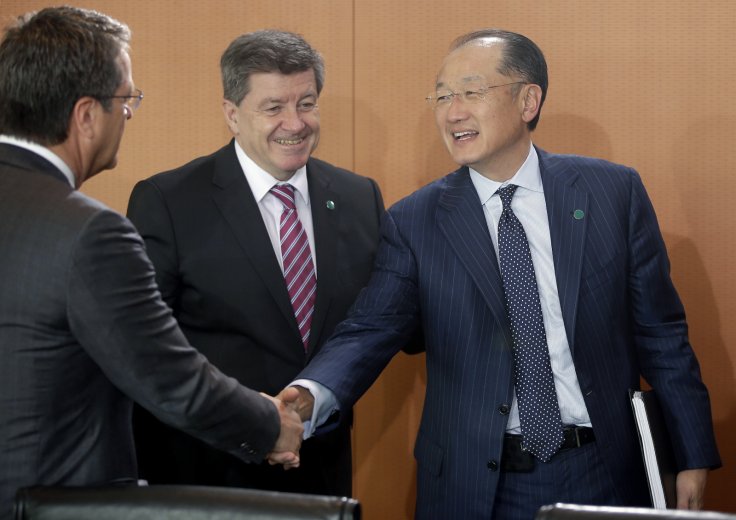
Representatives from 50 countries invited by India will gather here for a WTO mini-ministerial meeting on March 19-20, an official statement said on Sunday.
A Commerce Ministry statement said this informal meeting of World Trade Organisation (WTO) ministers, without a pre-announced agenda, is aimed at facilitating an exchange of views on various challenges facing the multilateral trading system "with the hope that it will lead to political guidance on some major issues".
This will be the second WTO mini-ministerial meeting being hosted by India, after the first in 2009.
Taking note of the collapse of the WTO Buenos Aires ministerial talks in December last year, it said: "It is hoped that the New Delhi meeting will provide an opportunity for ministers to explore in greater detail the options on different issues for re-invigorating the WTO."
The talks at the 11th ministerial conference at Buenos Aires broke down as the US reneged on its commitment, along with other countries, to find a permanent solution to the issue of public food stockholding by members of the multilateral trade body.
The US representative to the WTO talks declared in a small group meeting that a permanent solution to the food stockholding issue was not acceptable to America.
Under the WTO norms, a member country's food subsidy bill should not breach the limit of 10 percent of the value of production based on the reference price of 1986-88.
India has been seeking amendments to this formula, fearing that full implementation of its food security programme may result in breaching of the WTO subsidy limit.
At the Buenos Aires ministerial, India continued to press for the reduction of farm subsidies by developed countries and resisted the inclusion of new issues on the negotiating table like e-commerce and investment facilitation into the ongoing Doha Round of talks that have a developmental agenda in case these dilute the commitment to complete the existing agenda.
Protectionism and the crisis in the appellate body of the WTO, are among other issues likely to be discussed at the New Delhi meeting.
"Safeguarding and strengthening the multilateral trading system was never as important as it is today, and the WTO is also facing systemic challenges, particularly its dispute settlement arm," the statement said.
Meanwhile, in response to the US challenge at the WTO to India's various export promotion schemes, the government has said it doesn't count such programmes as export subsidies.
"It will be an irresponsible statement because we are interested in selling to each other," Commerce Secretary Rita Teaotia told reporters here in reference to America's complaint.
"Wherever we have a difference in positions, we will resolve them," she said.
In the wake of US President Donald Trump slapping import tariffs of 25 percent on steel and 10 percent on aluminium earlier this week, unfolding the prospect of an all-out global trade war, industry lobby Assocham said on Sunday that India cannot retaliate in the event of global trade war since the country's trade deficit is the result of imports mostly of an essential nature.
"We cannot flex too much of our importing muscle, even if our exports face consequences of a trade war and are subject to tariff barriers.
"So, the best course would be to keep engaged with the major trading partners, without aligning ourselves too much into a single bloc," it said in a statement.
(IANS)








